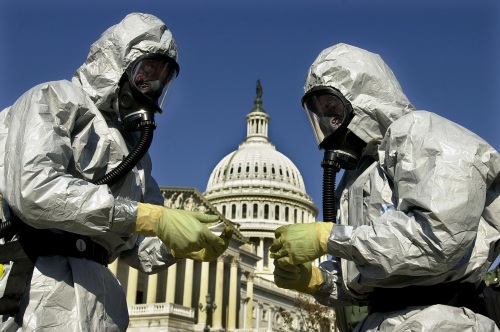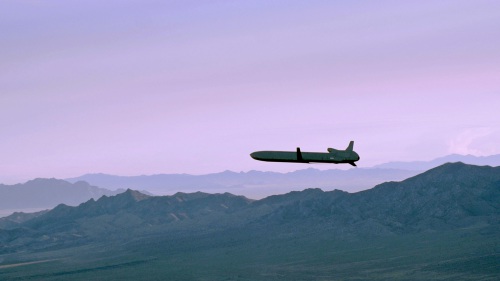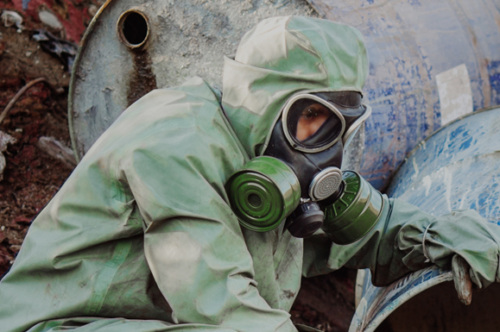Saudi Arabia

Country Spotlight
Although Saudi Arabia does not possess weapons of mass destruction, Saudi officials have expressed that they will acquire nuclear weapons if their regional rival, Iran, does. Since its 2015 intervention in Yemen, Saudi Arabia has been the target of missile attacks by Houthi militias.
See Saudi Arabia's performance in
Region Middle East and North Africa
1987 First believed to have purchased intermediate-range ballistic missiles from China
$15 billion U.S. Terminal High Altitude Area Defense (THAAD) system purchased in 2018
2015 Signed small quantities protocol with the IAEA
Nuclear
- Has never openly pursued a nuclear weapons program
- Plans to construct two nuclear power reactors by 2040
- Intentions to pursue uranium enrichment have caused international nonproliferation concerns
Will Saudi Arabia Acquire Nuclear Weapons?
Biological
- Has never pursued a biological weapons program
- 2005 domestic law prohibits the manufacture and storage of biological weapons

Tutorial on Biological Weapons Nonproliferation
Saudi Arabia Overview
Missile
- Possesses intermediate range ballistic missiles, purchased from China
- Established capacity to indigenously manufacture ballistic missiles as of 2021
- U.S. removed missile defenses in 2021 as part of a larger regional drawdown
Overview of The CNS Missile and SLV Launch Databases

Tutorial on Missiles and Other WMD Delivery Systems
Chemical
- Has never pursued a chemical weapons program
- 2005 domestic law prohibits the manufacture and storage of chemical weapons

Tutorial on Chemical Weapons Nonproliferation

NTI Tutorials
Treaties and Regimes Memberships
- NTI
- CNS
Analysis
Saudi Arabia
Overview: Applying New Tools to Nonproliferation: A Nuclear Detective Story
How the information revolution, and especially social media, is changing the field of nonproliferation. (CNS)
Vying for Influence: Saudi Arabia’s Reaction to Iran’s Advancing Nuclear Program
Egypt and Saudi Arabia’s Policies toward Iran’s Nuclear Program

Education Center
